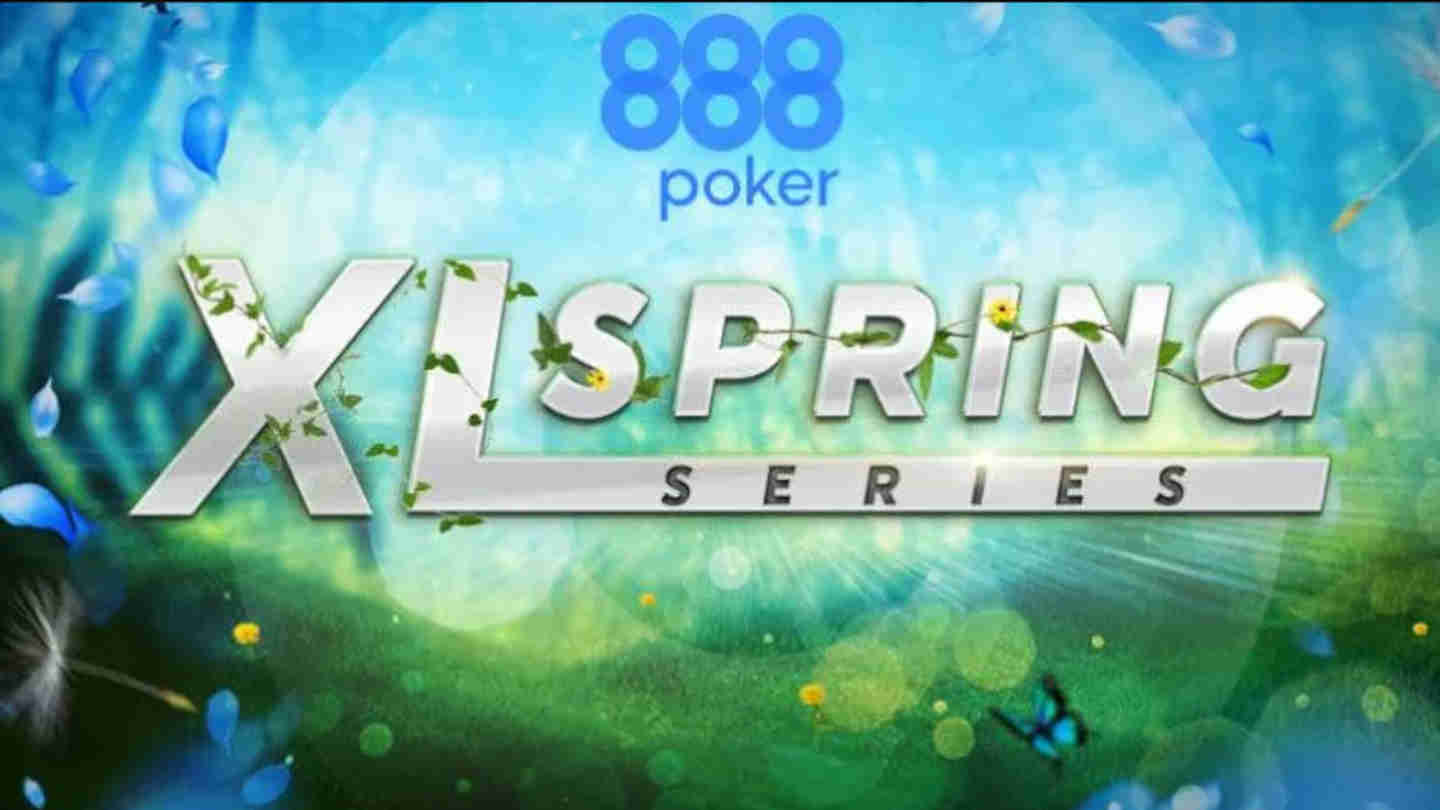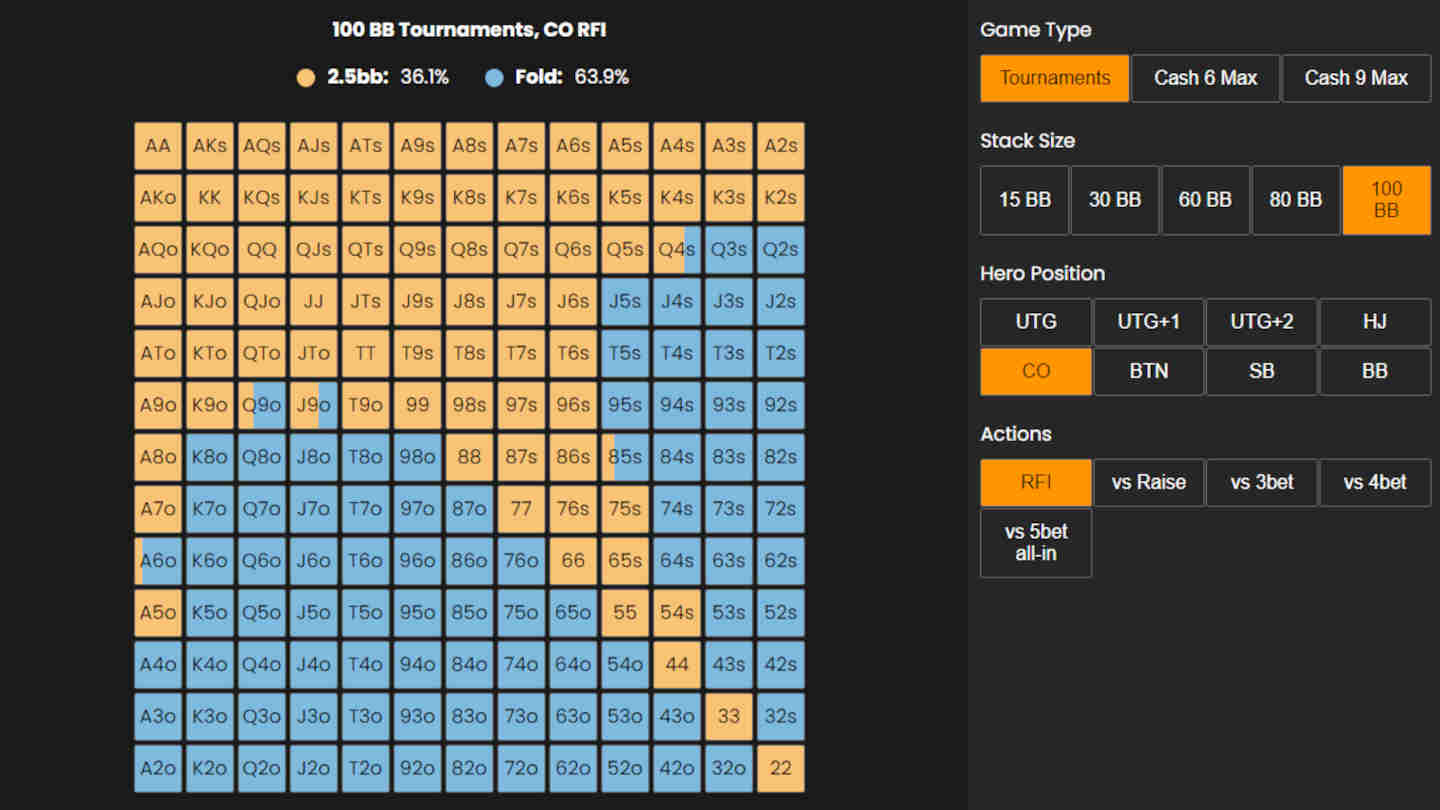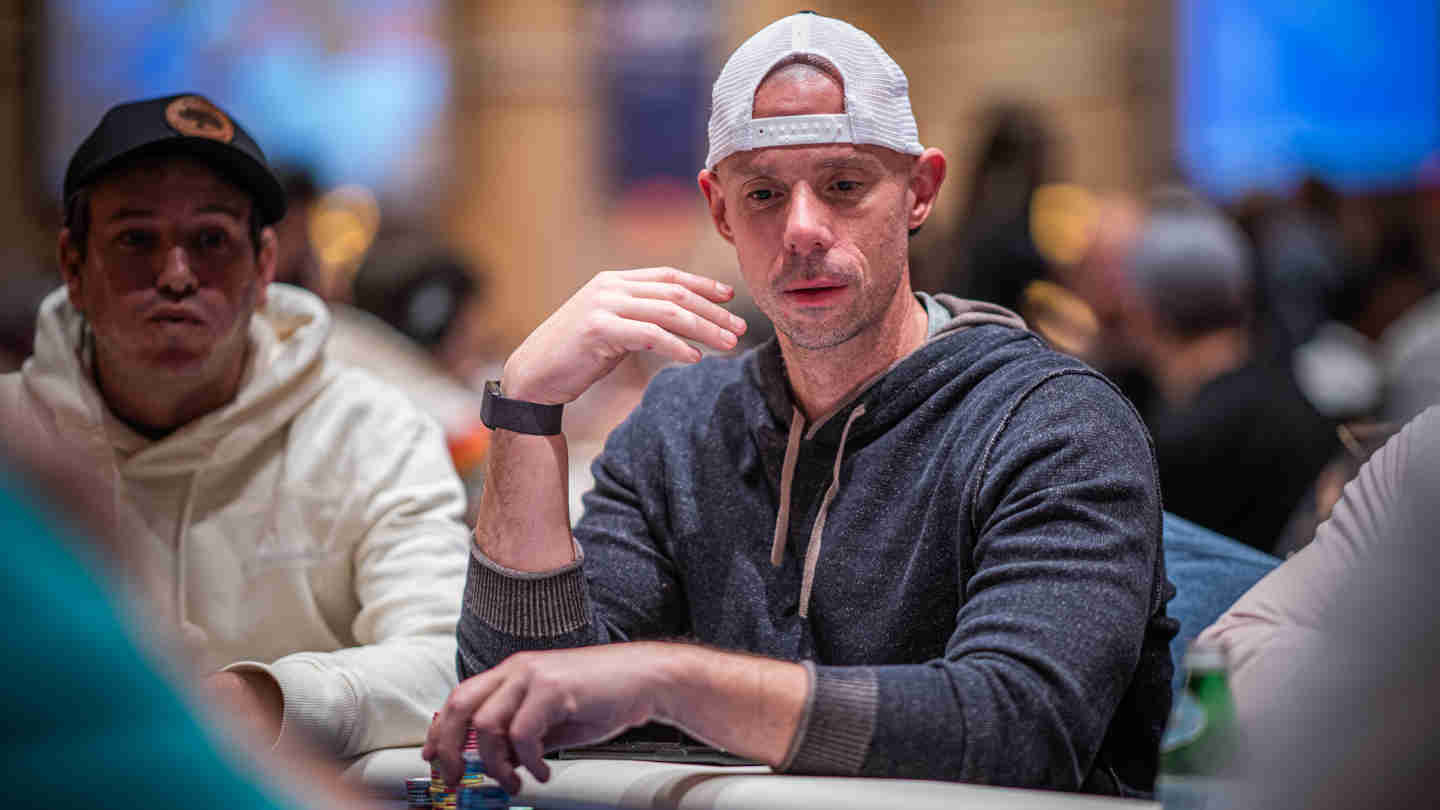Online Poker Cheating Tools and Methods – Is Online Poker Still Worth It in 2023?

5 minutes
Last Updated: October 24, 2023
Ever since its very advent, poker has been a game susceptible to cheating, with a small number of shady characters looking to take advantage of average players.
We have all heard stories of poker players getting cheated with marked cards, stacked decks, or players colluding against them, and those are only a few of the common ways players would collude in live poker in the past.
Poker rooms and casinos introduced many different rules to prevent cheating in live poker, but when online poker launched, new cheating methods arose with it.
Over the last couple of years, cheating has become a very serious problem in online poker, with completely new tools showing up and allowing players to cheat in previously unknown ways.
If you are thinking of playing online, it’s important to know what dangers might be lurking out there, so let’s take a look at how online poker cheating evolved over the years and what your main concerns should be these days.
Cheating in Online Poker Over the Years
Online poker has been around for over twenty years, and in that time we have seen quite a few cheating scandals of different magnitudes.
While many poker players got involved in cheating, it was often the operators or those working for the operators who cheated the players as well.
Big scandals like the Ultimate Bet super-user scandal and Full Tilt Poker’s siphoning of player funds were only a few of the ways poker players got cheated by the operators.
Away from that, collusion was a major problem in online poker for many years, as players would join the same games and share their cards to gain an edge over other unsuspecting players.
It is safe to say that many collusion rings were never even discovered and that millions of dollars were stolen by colluders before online poker sites introduced anti-collusion measures, which work quite well at most sites these days.
Any type of collusion is in clear violation of our user agreement.
We are reviewing this hand and others played between these two players. We are contacting the players to better understand their POV. We will be in touch with the players and act upon our investigation results.— 888poker (@888poker) December 25, 2021
With collusion more or less out of the picture, cheaters sought after new ways to find an unwarranted edge, with ghosting becoming a popular way to cheat in online poker.
And just as ghosting scandals started coming to light, a completely new way to cheat at online poker, known as real-time assistance (RTA) popped up and took the poker world by storm.
Today, RTA is all anyone can talk about in the online poker circles, so it’s important that you learn what it is, how to beware of it, and what to do if you encounter it.
What Is RTA and Why Is It So Dangerous?
Real-time assistance, also known as RTA, is a brand new way some players have found to cheat their opponents in online poker games.
RTA can be defined as using third-party software, namely poker solvers, to solve ongoing poker hands and get game theory optimal solutions in real time.
According to the terms of use of all major poker sites, using poker solvers while playing the game is forbidden, but quite a few players still seem to be doing it regardless.
Much like collusion, RTA has showed up on the radar of major poker companies in recent months, and a few of them have been taking steps to prevent players from using it.
However, it can be quite difficult to catch players using RTA, as it requires manual checks and there is no way to automatically determine if someone is cheating using this method.
And while poker operators are getting better at detecting RTA users these days, it is critical that you remain vigilant while playing and report any suspicious play to the operators so they could run their analysis of the situation.
As a clear sign that no one is immune to the allure of RTA, it is worth noting that the likes of Ali Imsirovic and Jake Schindler, two of the biggest names in the poker world, have been accused of using RTA and cheating in this manner.
Poker black-list can't come soon enough.
Ali is banned from GG for Multi-accounting and RTA. I have witnessed numerous chip dumps to horses, and many suspicious changes in play from people known to be his horses when deep in online MTTs.— Alex Foxen (@WAFoxen) April 18, 2022
At the end of the day, there is really no way to completely prevent RTA in online poker, and while the operators may do their best to prevent it in the late stages of their biggest events, players using RTA across the board are probably still getting away with it.
Other Dangers in Online Poker
While RTA is definitely becoming a growing concern for online poker players, other cheating methods like collusion and ghosting still remain quite problematic as well.
Just last year, one of the best poker players in the world Brynn Kenney was accused of running a ghosting ring and using it to cheat the poker world out of millions.
This was only one of the allegations made against Kenney at that time, and while none of them were conclusively proven, it is fair to say that something shady was going on in this and quite a few other cases.
If you don’t quite understand the term, ghosting is the process in which another player observes and helps the active player with their games, or even takes over at a late stage of a tournament to contribute his superior skills to the scenario.
Cheating methods like ghosting and collusion will never be fully eliminated from online poker, but the poker community has been able to impact the reduction in these methods across the board.
Is Online Poker Still Worth It in 2023?
With so many different ways for players to cheat, and so many dangers lurking, it’s not too hard to see why so many players are questioning the industry as a whole.
Yet, for the most part, online poker players are not cheating and the vast majority of games at legitimate poker sites are free of such dangers.
While some RTA may be happening, it is very likely that less than 1% of all online players are using such methods, while ghosting and collusion are also only employed by a small set of individuals.
RTA is terrible for the game and I wish it didn't exist… still on the bright side, highstakes cashgames and mtts on major sites are 100% beatable for high winrates, same as they always were. The big edges in poker come from exploits, not from GTO.
— Uri Peleg (@UriPelegPoker) April 23, 2022
Looking at the entirety of online poker, it is safe to say that the games are safer in 2023 than they were years ago when collusion and ghosting went completely undetected.
And while RTA may give some players an edge, it is not nearly common enough to make playing online poker not worth your while.
So, don’t worry too much about getting cheated the next time you play online poker, but remember to record any suspicious activity and report it to the operator, as you may end up finding a cheat and helping hundreds of other players not get cheated by the same person in the future.




















